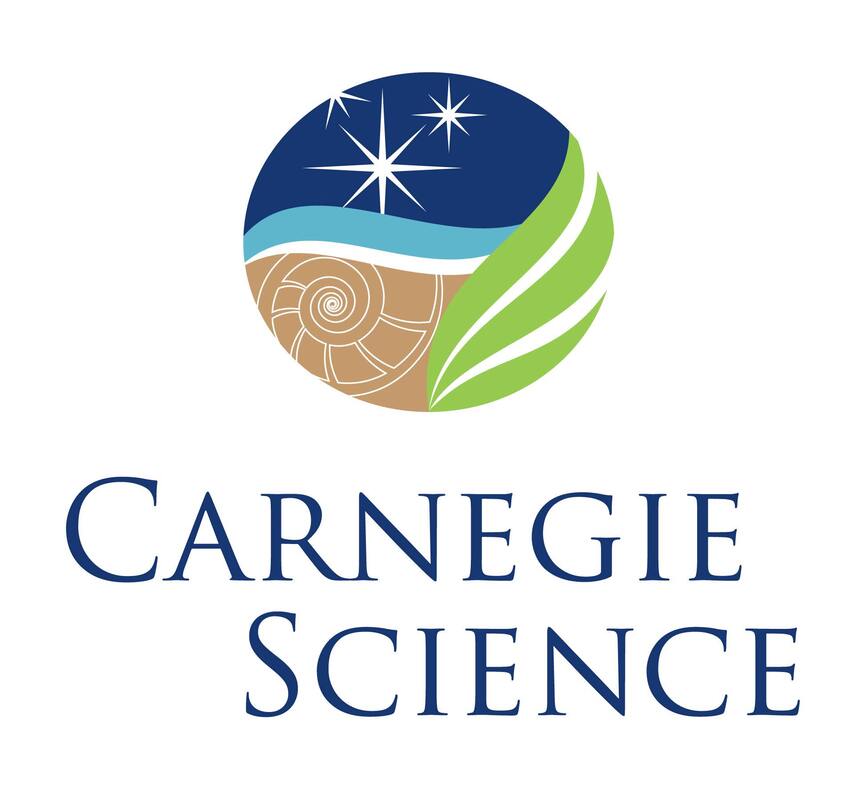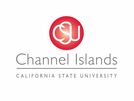POLICIES
DATA SHARING
DATA REPOSITORIES
The data repositories listed below will be used, based on the appropriate data type:
TOOLS & REAGENTS
DATA SHARING
- WALII will use Google Drive and Google Apps for collaborative writing and file exchange.
- Code will be stored and shared on GitHub.
- All participants in a given project will have access to its GitHub repositories.
- All raw and annotated data, bioinformatics pipelines, and code will be made available on Zenodo or GitHub, with corresponding manuscripts, and will be deposited in publicly available repositories.
- All data/metadata will follow established standards of public repositories.
- If no standards exist, then clear and structured data will be deposited in a text-based format that can be fully interpreted.
DATA REPOSITORIES
The data repositories listed below will be used, based on the appropriate data type:
- Mass spectrometry datasets - Metabolic profiles
- MetaboLights
- Global Natural Products Social Molecular Networking (GNPS)
- Mass spectrometry datasets - Proteomics
- MassIVE - must include ProteomeXchange identifiers
- Transcriptomics data
- NCBI sequence read archive (SRA)
- Transcriptomics data - Expression profiles
- PLEXdb
- Transcriptomics data - Gene co-expression networks, analyzed genome-wide datasets
- CyVerse
- Phenotypic datasets - must include detailed protocols of experimental designs and replication, and accompanying meta-data on soil temperature, soil % water content, and Photosynthetically Active Radiation
- Zenodo
- AraPheno database
- Short and long-read sequencing datasets
- NCBI nucleotide archives
- Plasmids
- Addgene
- Organism Strains - Laboratory
- Nematodes - Caenorhabditis Genetics Center
- Arabidopsis - Arabidopsis Biological Resource Center
- Plant material - South Africa field site
- Buffelskloof Herbarium, South Africa - photographed, pressed, vouchered, and long term storage
- Global Biodiversity Information Facility and GitHub - community level, ecophysiological, and functional datasets
- South African Botanical Gardens - Microchloa caffra seed material
- Millennium Seed Bank - Microchloa caffra seed material
TOOLS & REAGENTS
- Novel experimental protocols will be deposited in BioProtocols.
- Any software or tools developed (including simple analysis scripts for parsing or analyzing data) will be made open source, and distributed through GitHub, with stable releases documented and citable via DOI, using Zenodo.
- Plasmids will be deposited to Addgene.
- Yeast libraries will be stored in glycerol stocks at –80°C and made available upon request as will bacterial strains used for protein expression.
- Worm strains will be deposited with the Caenorhabditis Genetics Center at the University of Minnesota.
- Relevant resources and derivatives (plasmids, seeds, antibodies, etc.) will be deposited with the Arabidopsis Biological Resource Center (ABRC) at Ohio State University. The ABRC database and ordering system are incorporated into TAIR, and academic, government, and industry researchers can order stocks distributed through the ABRC for a modest fee without MTA or other use restrictions.
- Plant material will be photographed, pressed, vouchered, and stored long-term in South Africa at the Buffelskloof Herbarium within the Buffelskloof Nature Reserve.
- The community level, ecophysiological, and functional datasets collected will be deposited on the Global Biodiversity Information Facility (GBIF) and will be hosted on GitHub.
- Seed material for Microchloa caffra will be deposited in parallel at local South African Botanical Gardens and the Millennium Seed Bank and will be made available from these sources without restrictions.
AUTHORSHIP & PUBLICATIONS
Unpublished work will not be shared outside of the Institute, without the express consent of all collaborators on that work. All authors must give advance approval for the work to be published. A contributor will be granted authorship, if they meet two or more of the following contribution criteria:
We strongly encourage posting manuscripts to a preprint server, either before or at the time of journal submission.
All publications will be made publicly available through Institute repositories within 12 months of publication.
PRESENTATIONS
Project members, especially trainees, are encouraged to present their findings in public talks. Speakers must request advance permission to share unpublished data from other team members, and must acknowledge the Institute in their public presentation.
Unpublished work will not be shared outside of the Institute, without the express consent of all collaborators on that work. All authors must give advance approval for the work to be published. A contributor will be granted authorship, if they meet two or more of the following contribution criteria:
- conception or design of the work
- acquisition, analysis, or interpretation of data for the work,
- intellectual contributions to the manuscript.
We strongly encourage posting manuscripts to a preprint server, either before or at the time of journal submission.
All publications will be made publicly available through Institute repositories within 12 months of publication.
PRESENTATIONS
Project members, especially trainees, are encouraged to present their findings in public talks. Speakers must request advance permission to share unpublished data from other team members, and must acknowledge the Institute in their public presentation.
REPORTING MISCONDUCT
Anyone in the Institute has the ability to report violations of the WALII Code of Conduct. Violations may be reported to:
Complaints related to scientific work (e.g., authorship disputes) will be handled by the WALII Steering Committee. Personnel complaints (e.g., harassment) will be addressed in conjunction with the respective member organization’s Human Resources department.
NON-RETALIATION
WALII does not tolerate retaliation against any person who in good faith reports a violation of any of its policies and guidelines, submits a complaint, cooperates with an investigation, or seeks guidance on ethical and compliance concerns
Anyone in the Institute has the ability to report violations of the WALII Code of Conduct. Violations may be reported to:
- A Theme or Project Lead, the Director, the Scientific Coordinator, or member of the executive team
- A member institution’s Human Resources office
- EthicsPoint (managed by Carnegie Institution for Science)
Complaints related to scientific work (e.g., authorship disputes) will be handled by the WALII Steering Committee. Personnel complaints (e.g., harassment) will be addressed in conjunction with the respective member organization’s Human Resources department.
NON-RETALIATION
WALII does not tolerate retaliation against any person who in good faith reports a violation of any of its policies and guidelines, submits a complaint, cooperates with an investigation, or seeks guidance on ethical and compliance concerns













